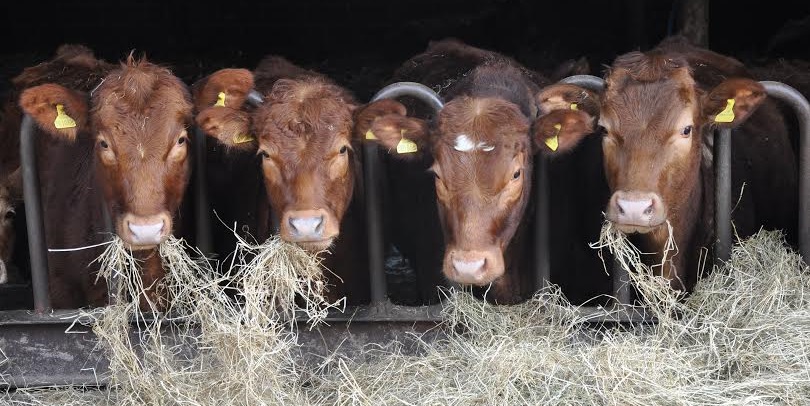
Northern Irish farmers have been warned that cattle untested for bovine viral diarrhoea (BVD) will be prohibited from moving to slaughterhouses from 1 September.
Enforcement measures will be taken against producers if untested cattle are moved in breach of the BVD Eradication Scheme Order (Northern Ireland) 2016 (the BVD Order).
BVD is a highly contagious disease, one of the most common and costly affecting cattle in Europe.
Announcing the measure, NI's Department of Agriculture (DAERA) says it is an offence to move an untested animal or to have possession of one that has been moved in contravention of the order.
This applies to herdkeepers, market operators and slaughterhouses. An untested animal may only move under licence issued by DAERA or for disposal as an animal by-product.
While there has been good progress in reducing the level of BVD, the infection remains a substantial threat to the Northern Ireland cattle industry.
BVD is a highly contagious viral infection, which is spread by persistently infected (PI) and transiently infected (TI) animals.
PI animals are the most important as they are infectious for their entire lifetime, continuously shedding very high levels of the virus.
Herdkeepers in NI are required to sample calves for BVD within 20 days of birth and send the sample to an approved laboratory within the following 7 days.
DAERA's farming minister Edwin Poots explained: "The presence of untested cattle of unknown BVD status poses a risk of disease spread both within herds and to other herds.
"There is no reason for herdkeepers to risk the spread of disease by failing to sample their cattle.
"This enforcement initiative will encourage herdkeepers to sample their cattle at the earliest opportunity as cattle will be prevented from moving to slaughter.
"Enforcement penalties will be applied to those who breach the ban,” the minister added.
Animal Health NI (AHWNI) welcomed the move, calling it an 'important step' in reducing the level of BVD.
Dr Sam Strain, chief executive said: "The ban on moving cattle with an unknown BVD status to abattoirs is a welcome step highlighting the risk these animals pose and underpinning the need to have them tested.
"Testing can be carried out using a supplementary tissue tag or by a blood sample taken by a vet,” he explained.
Cattle moved in breach of the Order will be highlighted on the Animal and Public Health Information System (APHIS) and identified for enforcement action that may lead to prosecution, DAERA said.
Any person found guilty of moving, or possessing, an untested animal could face a fine of up to £5,000.
